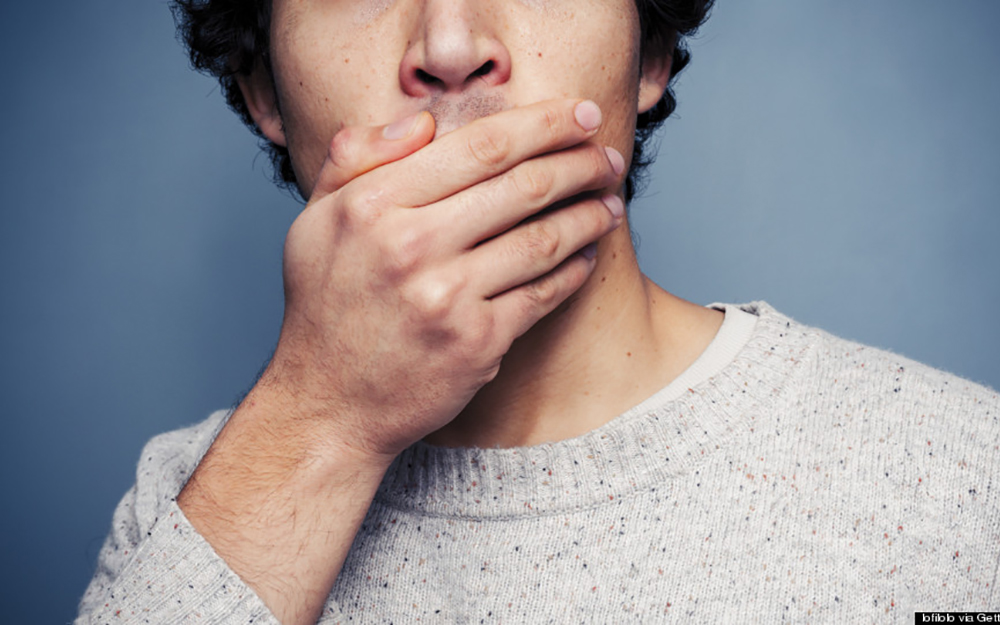
BY DR PETER KADILE
Hey Doc, my wife took my blood pressure the other night and said it was too low. I felt fine. I’m not on any medications. Should I be concerned?
Harry, La Quinta
Harry, normal blood pressure is generally considered to be around 120/80, but can vary for each individual, so usually the range is between 90/60 and 130/80. I have seen many patients who are generally healthy and have what is considered to be low blood pressure, but they say they have had low blood pressure all their lives and it’s never adversely effected them. Lower blood pressure may just be your normal range.
Certain medications can cause low blood pressure (hypotension). Obviously if someone is taking high blood pressure medication, the result may be low blood pressure. Other medications used for anxiety, depression, pain and the heart can cause low blood pressure. Alcohol can also cause low blood pressure. Diabetes, abnormal heart rhythms and heart failure can lead to hypotension. One of the most common causes I see for low blood pressure is not drinking enough fluids or dehydration. Symptoms of hypotension can include confusion, blurry vision, dizziness, fainting, nausea or weakness.
If you are concerned that your blood pressure may be too low and you have symptoms then you should be evaluated by your doctor.
Dr. Kadile, I’m always worried that I have bad breath. What is the best type of gum to prevent this?
Victor, Desert Hot Springs
Victor, several preventive measures should be taken before using gum for bad breath (halitosis). A variety of things, including diet, medication, lifestyle and poor oral hygiene can cause bad breath. Brushing your teeth at least twice a day and flossing will help prevent bad breath. Don’t forget to brush your tongue, too. Obviously be aware that certain foods such as onions, garlic and curry can contribute to bad breath,
Keep your mouth moist by drinking a lot of water. Add to the already long list of why smoking is bad because that disgusting habit obviously causes bad breath.
Gum and breath mints were always thought to just mask a person’s bad breath, but a recent study funded by Wrigley, showed that certain flavored gum may actually eliminate the bacteria that cause bad breath. Several plant essential oils kill the germs that cause cavities and bad breath. Some germs in the mouth produce hydrogen sulfite, which has a bad odor. The study found that unflavored gum had no effect. Chewing Big Red, decreased the odor causing germs by 50%, because the gum contains cinnamon oil, a known germ killer. Chewing a different flavor of gum, other than cinnamon, resulted in a 42% reduction in hydrogen-sulfite-emitting germs, probably because the different flavors used different types of plant essential oils.
So Victor, go for the cinnamon flavored gum.
Dr. Peter, I know I should avoid garlic or onions to prevent bad breath, but are there any foods I can eat to help reduce bad breath? Julie, Palm Springs
Julie, chewing on parsley or mint can prevent bad breath. Other herbs such as coriander, spearmint, tarragon, eucalyptus and rosemary are beneficial halitosis fighters. Yogurt with live cultures reduce odor causing bacteria in your mouth. Fiber rich fruits and vegetables such as, apples, carrots and celery increase saliva production which decreases halitosis. Vitamin C rich foods like berries and citrus fruits create an oral environment that limits bacteria growth, thus reducing bad breath.
Dr. Kadile, my son recently dropped a cookie on our kitchen floor and yelled, “5 second rule!”, and immediately picked it up and ate it. Is that rule true?
Robert, Indio
Robert, I think we’ve all heard a variation of that rule which basically means that if a piece of food comes in contact with the ground or floor for less than five seconds, then it is not “dirty” and safe to eat. In other words, food retrieved just a few seconds after being dropped is less likely to contain bacteria than if it is left for longer periods of time.
There has actually been some research done on this. Aston University in England found that the type of surface food comes in contact with can affect the amount of bacteria that is transferred to that piece of food. They found that smooth surfaces, such as tile or laminate will transfer more bacteria than carpet. Smooth surfaces provide more contact area for bacteria to transfer compared to the tips of carpet fibers. Dry foods were also found to acquire less bacteria than moist foods.
As far as the time limit goes, research has found that bacteria will transfer to food immediately upon contact with the floor. So if a cookie falls on the floor, it becomes contaminated with bacteria in less than 5 seconds. Either rinse it off or throw it away.










































